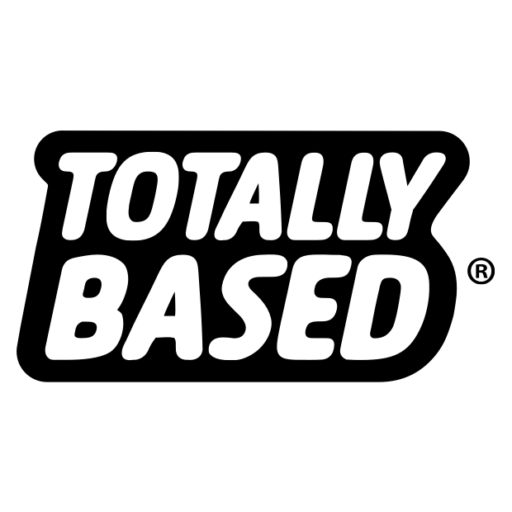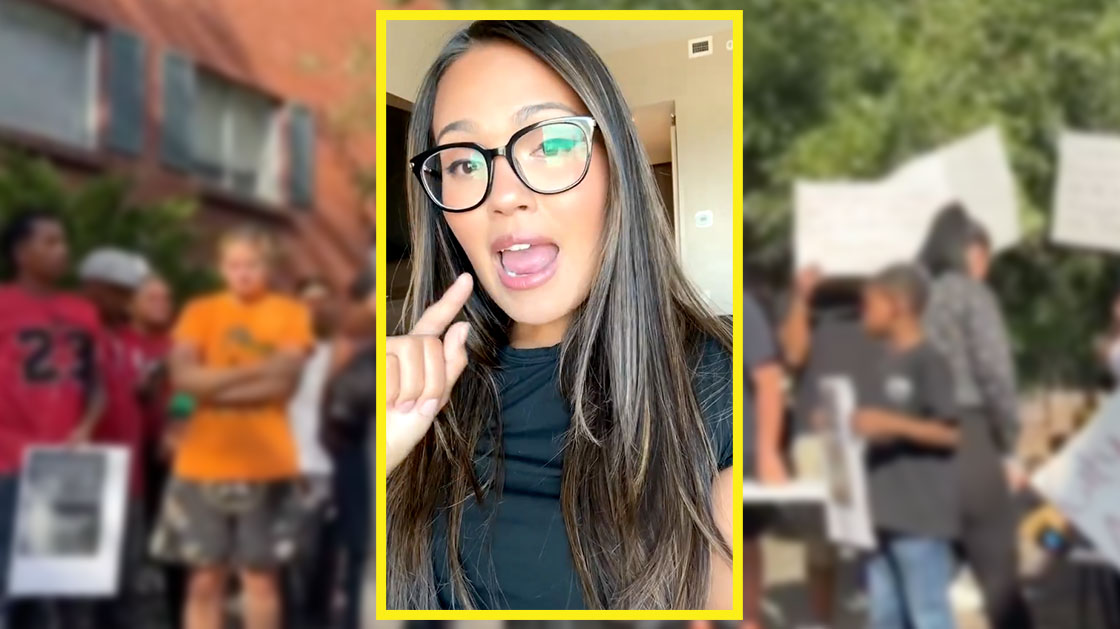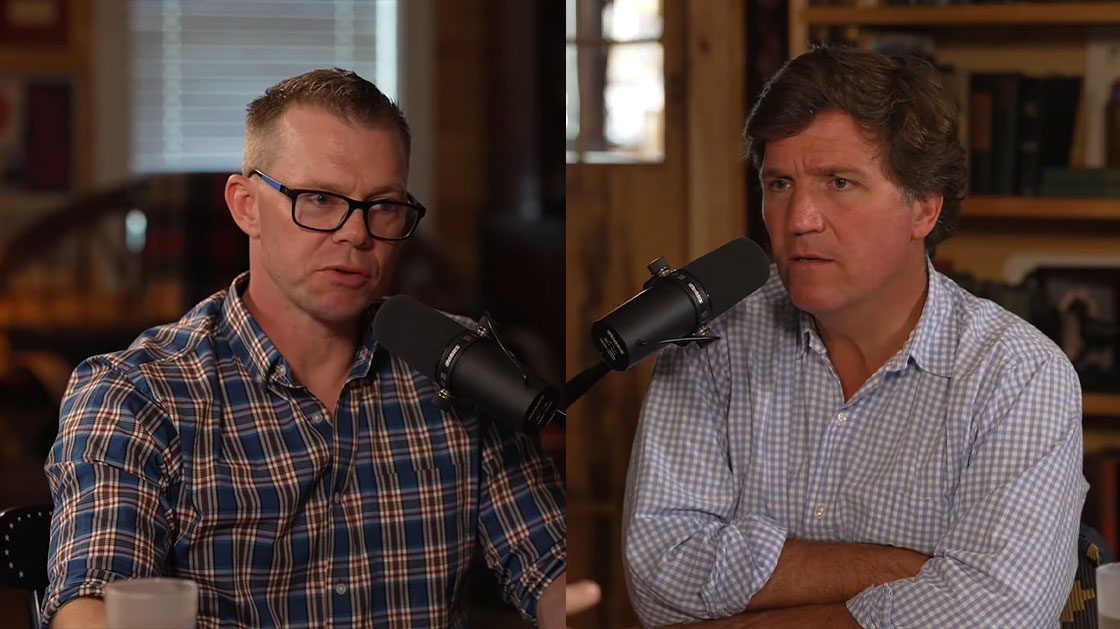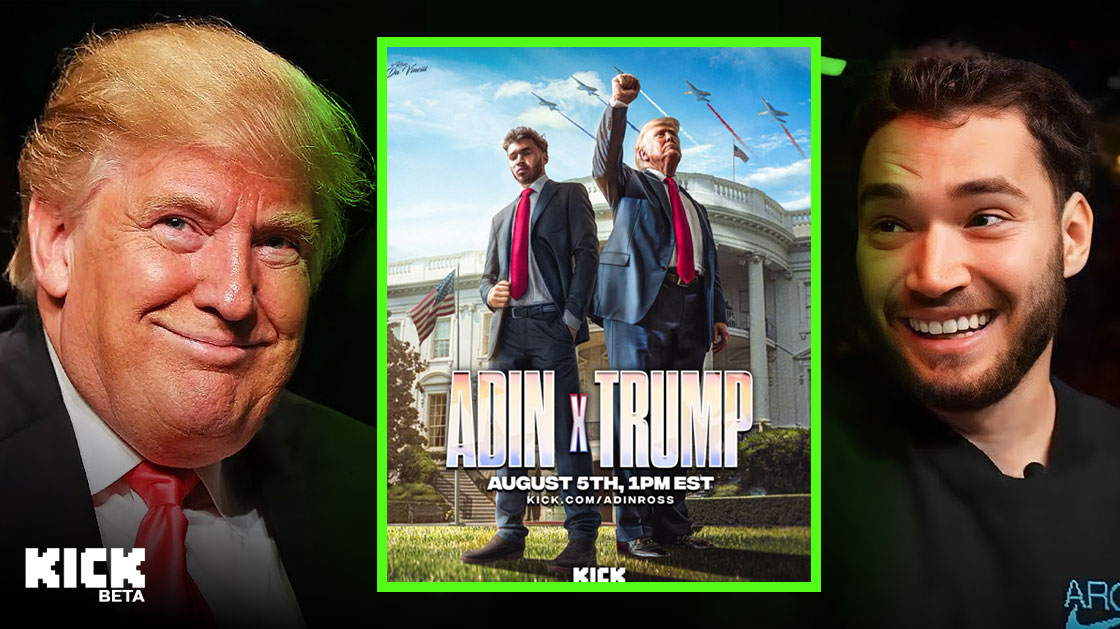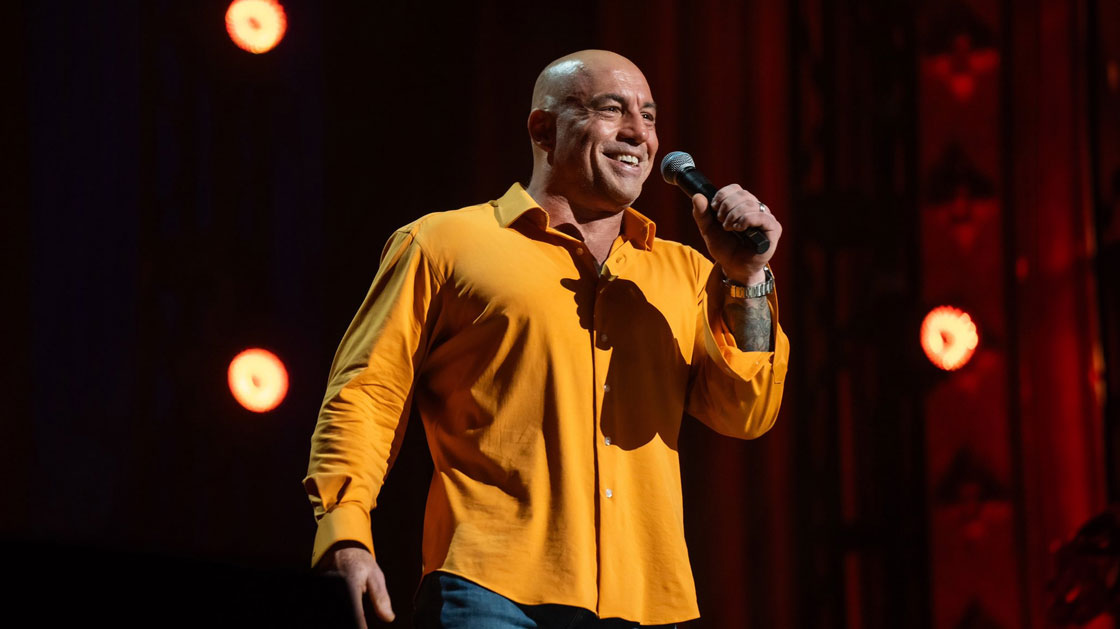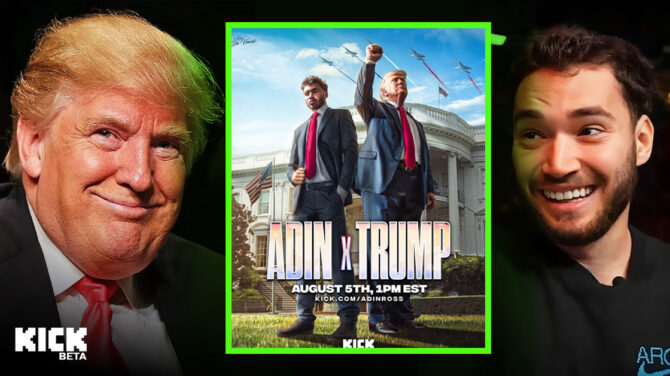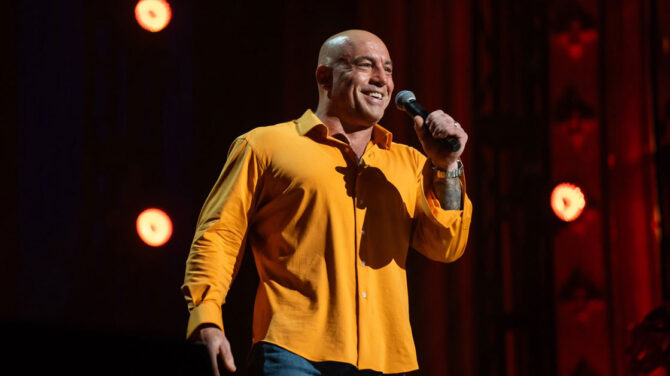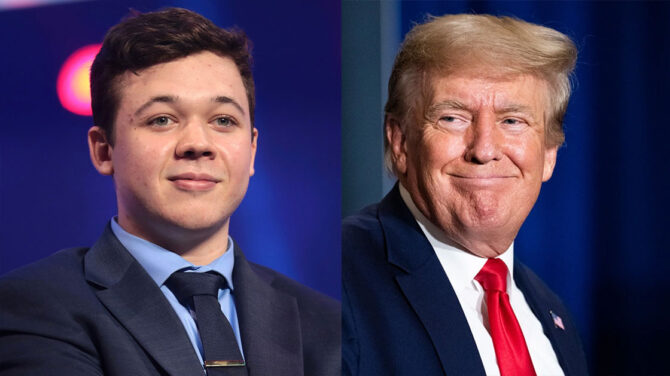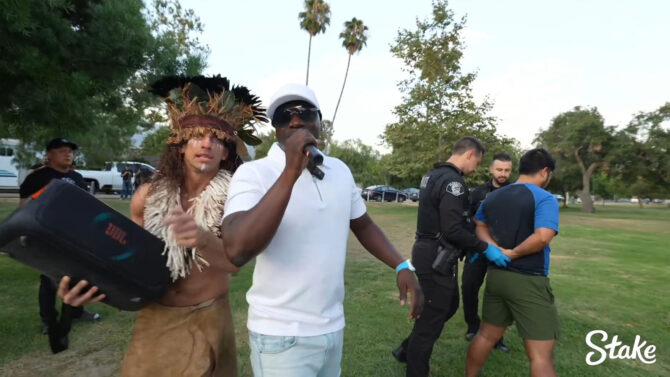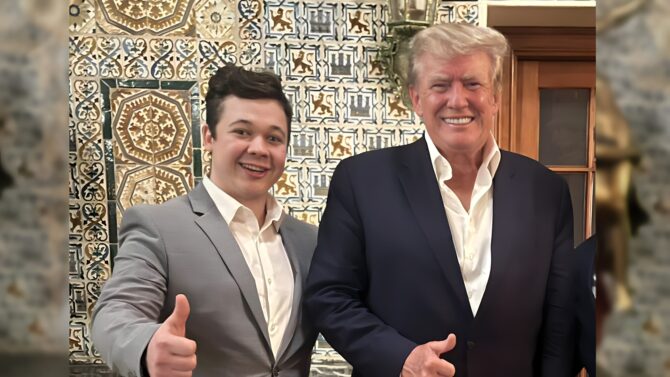
Congressman Massie’s Dual Citizenship Post Sparks U.S. Loyalty Debate
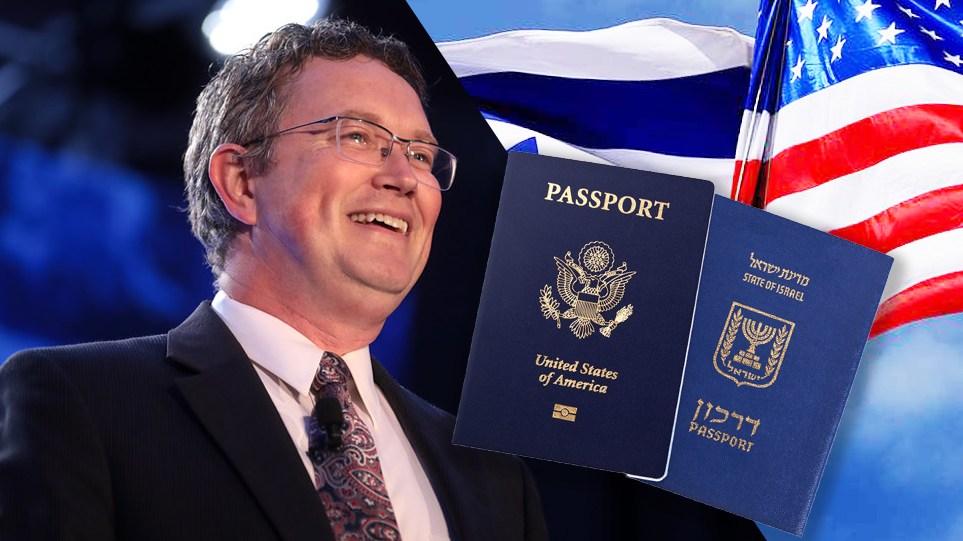
In recent political discourse, the topic of dual citizenship among U.S. elected officials has once again come under scrutiny. This time, the debate was sparked by Kentucky Congressman Thomas Massie, whose call for elected officials with dual citizenship to disclose their citizenship status has ignited a fierce discussion on loyalty and national interests.
Massie’s victory in the Republican primaries on May 21, 2024, against significant opposition from the American Israel Public Affairs Committee (AIPAC), has set the stage for his latest move. In a post on X, Massie declared, “If we are going to continue to allow U.S. Congressmen to acquire and retain citizenship in other countries, they should at least be required to disclose all countries of which they consider themselves to be citizens.”
**Key Concerns with Dual Citizenship for Elected Officials:**
– **Divided Loyalties**: Critics argue that dual citizenship could create a conflict between personal allegiance and national duty, potentially influencing legislative decisions when national interests conflict.
– **Foreign Influence**: There are fears that officials might prioritize the interests of the other nation they hold citizenship with, especially under diplomatic strains or foreign policy decisions.
– **Security and Confidentiality**: Access to sensitive information can become a contentious issue, with risks of leaks or misuse of classified intelligence that could benefit another country.
– **Legal and Ethical Questions**: Dual nationals may face ethical dilemmas, especially in crafting policies that affect both the U.S. and their other country of citizenship, potentially leading to biased legislation.
– **Public Perception and Trust**: Elected officials are expected to have undivided loyalty to their country. Dual citizenship can undermine public trust, making constituents question their true commitments.
– **Policy Manipulation Risks**: The potential for policy decisions being swayed by considerations of another citizenship might lead to conflicts of interest in negotiations and international agreements.
**Reactions from Public Figures**
The discourse surrounding dual citizenship for elected officials has drawn comments from various quarters, reflecting a broad spectrum of opinions. Here’s what some notable figures had to say on social media:
– **Jake Shields, Former UFC/MMA Fighter and Five-Time World Champion**: Shields expressed strong views against dual citizenship for Congress members. He tweeted, “Dual citizens need to be expelled from Congress. It has become clear many people in our government are loyal to Israel over America. This seems to be from a combination of bribery, blackmail, and dual citizens being loyal to Israel.” This perspective highlights concerns over national allegiance and the integrity of U.S. governance.
– **Candace Owens, Political Commentator**: Owens took the debate further into the realm of media influence, emphasizing transparency about dual citizenship in media roles. She stated, “We shouldn’t even allow dual citizens in media without being required to tell people that they are paid-for propagandists to advance the interests of another state.” Her comment underscores the need for clear disclosure to maintain trust and integrity in both media and government.
– **John Rich, Singer of Big & Rich**: Rich called for greater transparency and accountability from elected officials regarding their citizenship status. His tweet requested, “Can you post a list of all elected officials holding dual citizenship, and what countries they belong to? I, for one, would really like to see that.” This reflects a broader public desire for openness about potential conflicts of interest among those in power.
**Public Response and Continuing Debate**
As the debate continues, it is clear that the issue of dual citizenship in U.S. politics is a complex and multifaceted one. It touches upon legal, cultural, and ethical considerations, and the answers are not straightforward. As the discussion unfolds, it will be interesting to see how these discussions shape the future of dual citizenship in U.S. politics, particularly in light of the perspectives offered by public figures like Congressman Thomas Massie.
